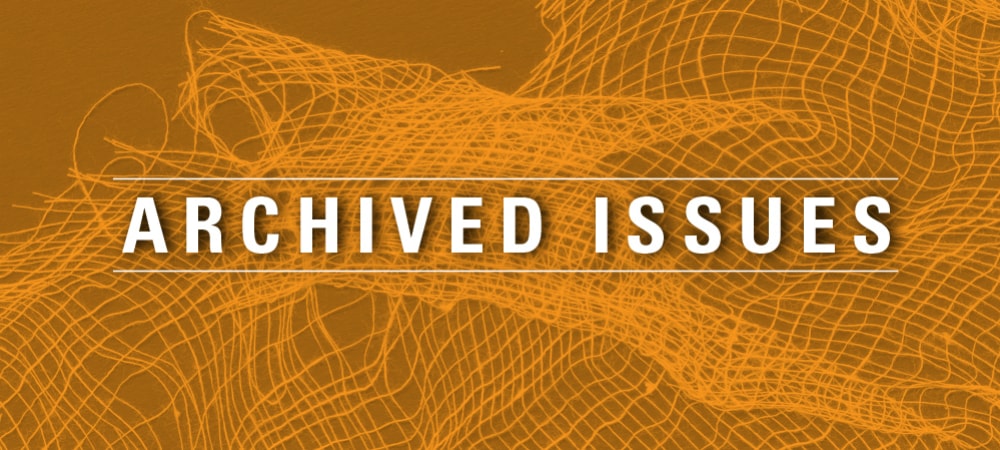For some time now, I have heard people talk about returning to “normalcy”, to the times before the Coronavirus. Indeed, among some Latina/os/xs and other ethnoracial and cultural communities, COVID changed some of the most basic aspects of human interactions like a handshake, greeting someone with a hug or a kiss, or how physical space is occupied by people. But that is changing as people gain new confidence and get back to some modicum of human interaction.
However, the aspirational return to the times before COVID as if those times were better than now is a matter of perspective. In the words of Ada María Isasi-Díaz, La lucha continua. Racialized social and cultural discrimination continue; racialized people continue to be criminalized and deemed foreigners; thousands of seasonal farm workers keep crossing borders to give themselves and their families a fighting chance; and countless migrants continue to make the dangerous journey across political borders. These concerns impact many people from many countries and ethnoracial backgrounds. From a Latina/o/x perspective, these realities were in place since before the pandemic and will continue well beyond the pandemic is under control. Latinas/os/xs continue to work hard at overcoming the social factors and structures that prevent them from contributing to society more fully.
In different ways, the three articles in this issue of Perspectivas illustrate how social struggles are part of the reality of Latinas/os/xs at the grassroots. They also show how questions of social justice remain part of the scholarly and theological production of Latinas/os/xs. In the first article, Breno Martins Campos and Fernando Nacimiento critically engage the work of Rubem Alves. They retrace some of the key original insights that made Alves a theologian of hope and liberation. Focusing specifically on the children’s book The Girl and the Enchanted Bird, Campos and Nacimiento retrace the development of Alves liberation theology and uncover other strands and thinkers that influenced his thought, including Paul Ricoeur.
In the second article, Antonio Frietze exposes some of the dangers of the rhetoric of pluralism for racialized and minoritized communities. He highlights the experiences of the Tāp Pīlam Coahuiltecan and their struggle for recognition of their burial grounds at The Alamo in San Antonio. Frietze exposes how the logic of pluralism flattens distinct sociopolitical identity claims thus not granting any especial recognition to any group even while deploying the rhetoric of inclusion. He proposes the Tāp Pīlam Coahuiltecan might consider adopting the label “Latinx Indigenous” communities as a common bridge identity which can bring mutual benefits to both the Tāp Pīlam Coahuiltecan and Latina/o/x communities.
Finally, Theresa Yugar’s article recounts a wide range of environmental resistance groups both in the USA and in Latin America. Taking the Quechua-Aymara notion of buen vivir or sumak kawsay as inspiration metaphor and framework for environmental struggles, she documents a wide variety of environmental activist groups. She shows how some of these groups have long-standing histories. She also shows that there are newly emerging advocacy groups involved in social justice struggles in a wide range of social concerns.
Whether before, during or after COVID, for Latinas/os/xs struggle does not seem to change much. In other words, struggle is our normal. The editorial team of Perspectivas is pleased to offer these articles as tokens of the diversity of authors involved in the struggle through their writings.
Néstor Medina, Senior Editor
& the editorial team.



